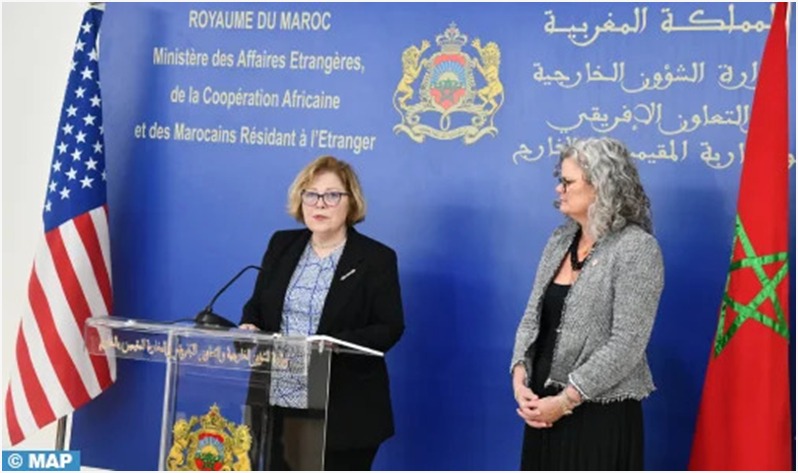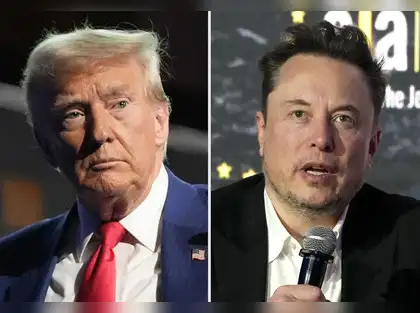
Rabat, November 22, 2024 — The United States has once again emphasized its unwavering support for Morocco’s autonomy initiative, calling it a “serious, credible, and realistic solution” to the longstanding issue of the Moroccan Sahara. This statement was made by U.S. Assistant Secretary of State for Near Eastern Affairs, Barbara Leaf, during her visit to Rabat on Friday.
Endorsing Autonomy and Dialogue
Speaking at a press briefing following her discussions with Morocco’s Minister of Foreign Affairs, Nasser Bourita, Leaf highlighted Washington’s continued commitment to resolving the Sahara dispute. She underlined the U.S. position that Morocco’s autonomy proposal represents the most practical path to a mutually acceptable political solution.
Leaf also reiterated the United States’ strong support for the efforts of the UN Secretary-General’s Personal Envoy for the Sahara, Staffan de Mistura, to advance negotiations between the parties involved in the dispute. “We remain fully engaged in backing the United Nations process and encouraging meaningful dialogue,” Leaf stated.
Strengthening Morocco-U.S. Relations
The visit underscores the deepening strategic partnership between Morocco and the United States. Leaf praised Morocco’s role as a vital ally in regional stability, economic growth, and counterterrorism efforts, further solidifying the two nations’ alignment on critical issues.
Bourita, for his part, welcomed the U.S. reaffirmation of support for Morocco’s position and stressed the importance of a peaceful resolution to the Sahara issue for the region’s prosperity.
The U.S. endorsement comes at a critical time, as diplomatic efforts surrounding the Sahara continue to intensify. Observers view Washington’s stance as a significant boost to Morocco’s proposal, which has received growing international recognition as a framework for peace and stability.
The Moroccan autonomy plan, first proposed in 2007, offers self-governance for the Sahara region under Moroccan sovereignty. This initiative has been lauded for its potential to resolve a decades-long stalemate while addressing the aspirations of the local population.
As the UN-led talks progress, the support of major international players like the United States is seen as instrumental in achieving a resolution. Leaf’s visit serves to reaffirm Morocco’s standing as a key U.S. partner in the region and as a proponent of pragmatic solutions to complex challenges.
This latest development further highlights the alignment of U.S.-Moroccan relations and the potential for continued collaboration to promote peace, security, and development in North Africa and beyond.






